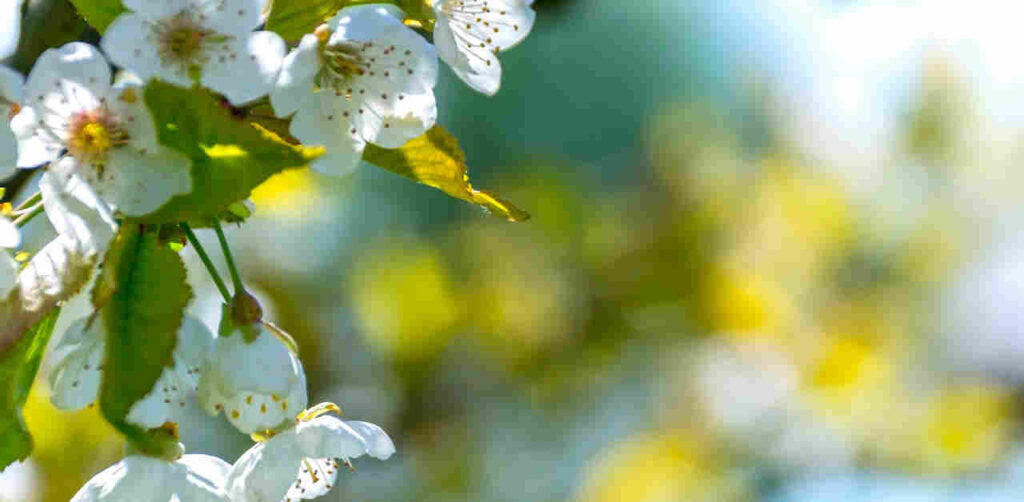Published by: Almanac
May Day (May 1) celebrates the return of spring! Learn about the origins of May Day and fun traditions, from surprise flower baskets to the Maypole. Don’t forget to wash your face in dew on the morning of May 1 for good luck.
Origins of May Day
Did you know that May Day has its roots in astronomy? Traditionally, it was the halfway point between the spring equinox and the summer solstice! In ancient times, this was one of the Celtic cross-quarter days, which marked the midway points between the (four) solstices and equinoxes of the year.
Here are 10 ways to “bring in the May.”
- Among the many superstitions associated with May Day was the belief that washing the face with dew on the morning of May 1 would beautify the skin and bring good luck. We say go ahead! Walk outside and sprinkle your face with morning dew (or snow!).
- On May 1, people in Britain welcome spring by “Bringing in the May,” or gathering cuttings of flowering trees for their homes. Bring in branches of forsythia, magnolia, redbud, lilac, or other flowering branches in your region!
- Make that May Day Basket of flowers! Get the kids involved.
- May 1 in Hawaii is called “Lei Day,” and people make pretty leis. Leis are garlands or wreaths that are often made with native Hawaiian flowers and leaves. These days, leis are given as a symbol of greeting, farewell, affection, celebration, or honor—all in the spirit of aloha.
- Kids would go barefoot on May Day for the first time. Whatever your age today, walk barefoot in the morning dew (or snow?).
- In parts of Ireland, people would make a May bush; typically, this was a thorn bush or branch decorated with flowers and ribbons. Create your own May bush or tree! Just decorate with colored ribbons!
- Beekeepers traditionally moved bees on May 1.
- Fishermen expect to catch fish on May Day.
- Traditionally, farmers planted turnips on this day. Other folklore has it that, to protect cucumbers from insects, they should be planted on May 1.
- The Kentucky Derby starts off the month of May (the first Saturday of the month).
